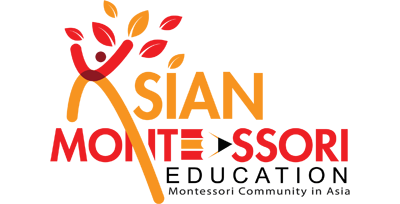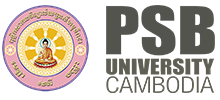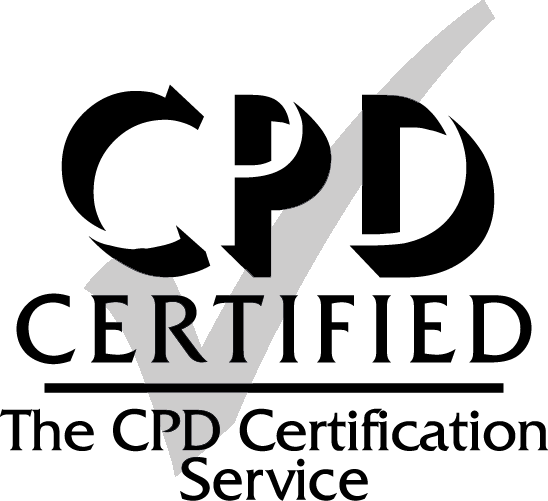Testimonial
What they say

It was a great experience and I like the fact that it was self-paced
Jedidah Oluwadamisi Adewale
Nigeria, Osun
I have enjoyed my experience with ACT. I am looking forward to a Master's degree and Professional Doctorate.
Kokou Winigah Lamessi
Mali, Africa
My experience with the Asian College of Teachers was immensely valuable, and i'm grateful to have enjoyed every aspect of my learning. Thank You so much to all of you, especially Ms. Bidisha and Ms. Kate.
James Dastan Damian
Tanzania, Africa
Oh, I'd love to share my experience with you! Studying early childhood education was such a rewarding journey for me. I learned all about child development, teaching strategies, and creating engaging activities for little ones. It was amazing to see how much impact I could have on their growth and learning. Plus, the practical experiences and internships really helped me apply what I learned in real classrooms. If you're considering it, I'd say go for it! It's a beautiful field where you can make a difference in children's lives.
Kerry Rollinson
Tanzania, Africa
Completing the Montessori Teachers Training course has enriched my understanding of child development and the Montessori philosophy. It provided practical insights into creating a prepared environment that fosters independent learning and nurtures a child's natural curiosity. The emphasis on observation skills and adapting teaching methods to individual needs has been invaluable in creating a positive and effective learning environment for my students.
Joshua
Ghana, Africa
It was a very good experience to learn with ACT. The evaluation of assignments was timely and the course coordinator was doing a stellar job. The course content is very relevant to the need of a modern teacher. It prepares you well for the world of teaching. It covers everything about education and teaching. Thank you ACT for everything
Goitseone Sechele Otukile
Botswana, Africa
I am now a competent and professional, through act I have gained skills and knowledge on methodology, lesson plan, classroom mgt ,evaluation and more which I didn't, thanks act ,thanks Miss Ankita my course coordinator for being resourceful.
Malachi Makambi keraro
Kenya, Africa











